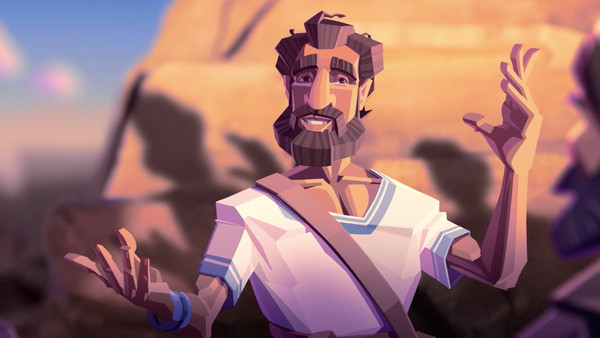
5:19

Explore an introduction to the largest collection of Jesus' teachings in the first episode of Sermon on the Mount.
Jesus opens his sermon with descriptions of people who are already experiencing the good life of God's Kingdom. What might this tell us about God's nature?
Rather than speaking from the temple to the most powerful Israelites in Jerusalem, Jesus heads into rural Galilee to speak with oppressed, powerless people. Why might he have chosen this location and these people?
Take some time to reflect on any themes or ideas that stood out to you from the video.

Episode 2

Episode 1

Episode 2

Episode 3
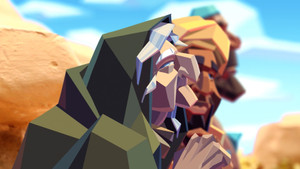
Episode 4

Episode 5
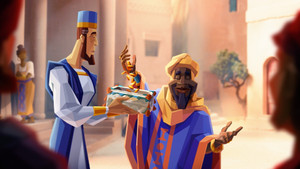
Episode 6
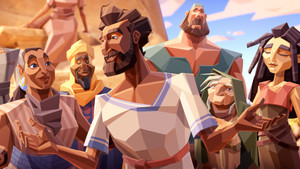
Episode 7

Episode 8

Episode 9
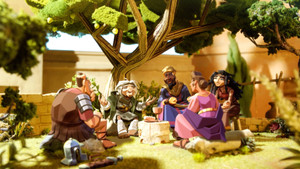
Episode 10